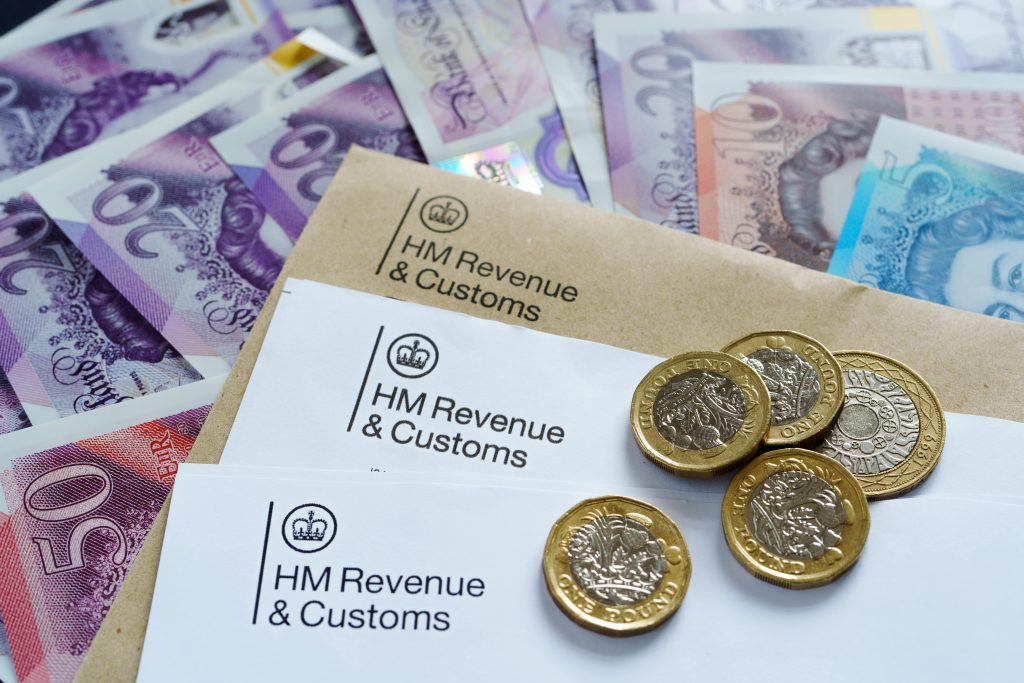There are already French enclaves of high-earning young professionals dotted about our Capital and, with the imminent imposition of a 75 per cent top tax rate for Gallic professionals earning more than a million euros a year, the 120,000 estimated Londoners of French birth are set to become more.
Don’t get me wrong, I welcome any new immigrants who can add something to our economy. My point is: if you are in an unhelpful environment for making a fair return on your investment, whether you are an entrepreneur or a highly-paid employee or, to be even straighter to the point, have a tax regime that penalises you for working hard, then you will move to somewhere where you feel you will be treated better.
Consider that the French have historically been the least anglophile community in Europe. When between 300,000 and 400,000 French citizens, most of them economic migrants, decide to call England home, please don’t tell me that we can tax our way out of recession.
We Britons have been prepared to travel the world looking for a better place to trade and live for centuries, and it’s tough economic times that have historically been the catalysts for such migration.
It has been argued – in both France and the UK – that taxing the top earners will not make much difference to most citizens, since there are not that many people earning a large enough amount of money. If it’s going to affect such a small number of people, why bother?
The answer, of course, is the short-sighted tax man, who can see just far enough ahead to work out how much the top few per cent earn, and how much he can skim off the top.
The problem comes when the very top level of earners leave town. With them leaves the cash that funds the tier of earners below them not those who make a million euros a year, but those reliant on the millionaires to buy their high value goods and services.
That’s the opposite of the trickle-down effect; it’s the drying-up effect. So, when the cash dries up at the top and then subsequently each tier below it, getting things started again is no mean feat.
There are enough excuses already to tempt people to look for greener grass; we can’t afford to make more.
Charlie Mullins is the CEO and founder of Pimlico Plumbers.






















































































































































